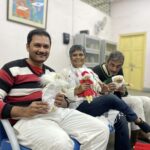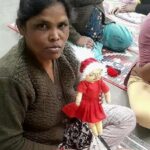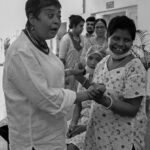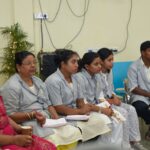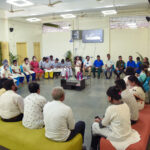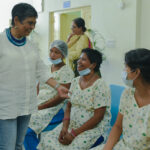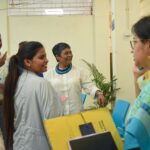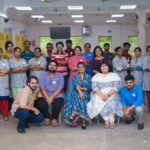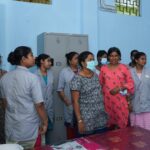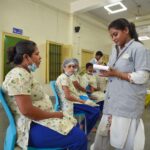One year from the date of coming to the facility.
MAIL: info@anjalimhro.org
PHONE: +913335392788
Working for over twenty years, Anjali has been working to secure large-scale systemic changes in the mental health field by making mental health institutions, systems and communities intersectional and inclusive. The Assisted Living project was a dream we harboured for a while and when the opportunity arose to engage in a multi-stakeholder collaboration, we decided the time to act has finally come.
In government mental hospitals in West Bengal, there are numerous individuals who have long recovered but continue to live in these institutions because they are either abandoned or their families cannot be traced. Sometimes these people live there for as long as a decade and more. Through the Assisted Living Project, Anjali seeks to actualize the rights of persons living with disabilities to engage in independent living with the right to choose their place of residence. This project emerged out of a collaborative venture between Anjali, the Department of Health and Family Welfare and Department of Women and Child Development and Social Welfare, Government of West Bengal. The project is based in a facility named 'Pratyay', located at Dr G.S Bose Road, Tiljala, Kolkata, West Bengal. It can accommodate a hundred residents in total.
One year from the date of coming to the facility.
Long staying patients of state-run mental institutions in West Bengal who:
29% - 30% of the residents have been employed in the past 6 months employed in fields such as security services, laundry services, hand block printing and caregiving.
